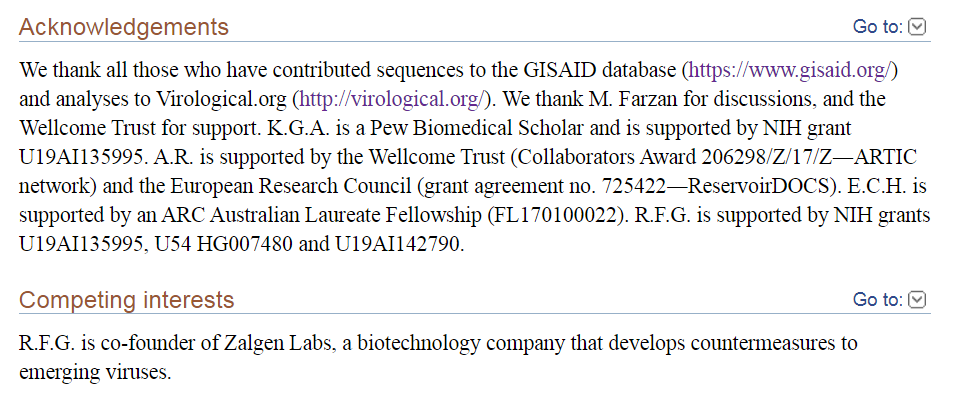Hiring efficiency:
How long does it take, measured from initial expression of interest through offer of employment signed, for a typical candidate cold inbounding to the company?
What is the *theoretical minimum* for *any* candidate?
How long does it take, as a developer newly hired at the company:
* To get a fully credentialed machine issued to you
* To get a fully functional development environment on that machine which could push code to production immediately
* To solo ship one material quanta of work
How long does it take, from first idea floated to "It's on the Internet", to create a piece of marketing collateral.
(For bonus points: break down by ambitiousness / form factor.)
How many people have to say yes to do something which is clearly worth doing which costs $5,000 / $15,000 / $250,000 and has never been done before.
How long would it take an employee, utterly convinced that the CEO needed to know a material fact urgently, to communicate it to the CEO.
How long would it take the CEO to acknowledge receipt. (Would it be by their designate?)
Given that you have the full name of a coworker, how long does it take to determine:
* who their manager is
* what their title or role is
* what their primary project as of today is
Everything breaks and the world is on fire.
How long:
* Until the first responder responds
* Until the second responder responds
* Until someone says the local equivalent of "I am in charge of the incident."
A coworker is in obvious distress for uncertain reasons.
How long until someone offers to help?
How long until someone factually helps effectively?
An idea is floated for a new business unit / product / whatever the local equivalent is given company/industry/stage.
How long until it launches into the hands of customers who perceive it as a generally available offering?
How many keystrokes would be required to do an A/B test of the H1 on the homepage?
How many minutes from first keystroke to first person seeing it in production?
(I'm being very generous to the software industry here. *sigh*)
How long does it take an email from an unrecognized email address to the most generic tier 1 support alias to reach a senior responsible engineer / lawyer / executive given clear relevance to them?
What percentage of emails which an omnipotent, benevolent deity would route to a senior responsible engineer / lawyer / executive factually make it from tier 1 customer support to a senior responsible engineer / lawyer / executive?
You might sensibly read these heuristics and think "Hmm, you seem to over-focus on speed. Aren't quality, price, etc also really important?"
These questions don't *really* test for speed. They test for *repeatable competence at scale*, which is another thing entirely.
Incidentally these make good questions to get informal reads on companies and/or fill the "So, any questions for me?" part of interviews, because they're much more specific than "Do you like working here?", less likely to elicit social desirability bias in answers, etc.
